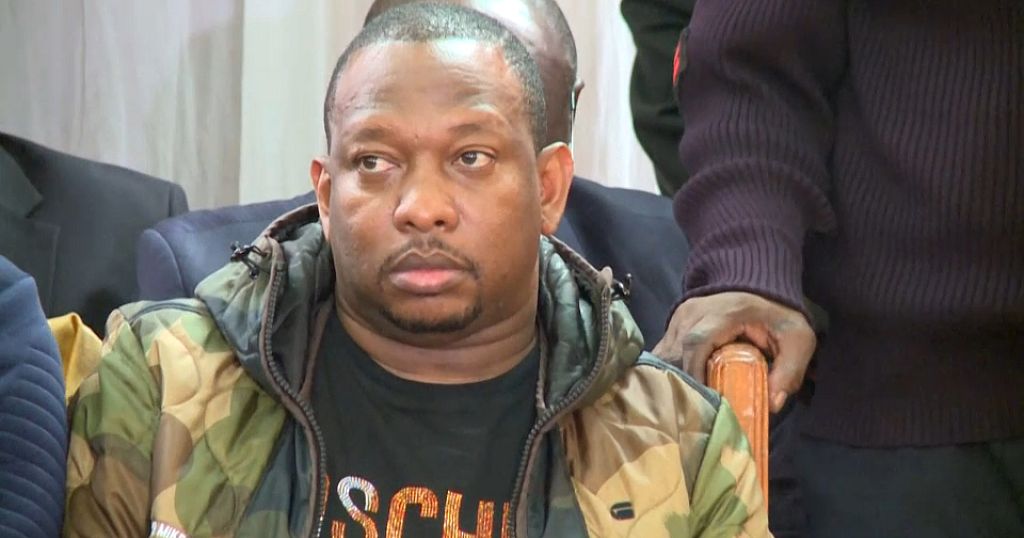Media reports late last week suggested that President Uhuru Kenyatta’s renewed war on corruption might in the coming days claim its biggest scalps yet.
Those whose heads are said to be on the chopping block include three members of the President’s Cabinet implicated in the Arror and Kimwarer dams scandal in which investigators say taxpayers could have lost up to Sh65 billion.
The Night of the Long Knives is widely expected to fall this Thursday when the President delivers his State of the Nation Address, setting the stage for possible arrests and prosecutions.
It is not just the blacklisted Cabinet Secretaries that will be having a stomach-churning feeling.
The corruption-slaying duo of Director of Criminal Investigations George Kinoti and Noordin Haji, the Director of Public Prosecutions, will be anxious as well.
Granted, they have already dragged a Deputy Chief Justice to court to add to the scalps of senior bureaucrats and State corporation chiefs.
But the politics associated with pursuing ministers – some of them politicians in their own right – typically makes the work of the investigations and prosecutions chiefs much harder.
None other than the Deputy President has been reported as saying that the so-called war on corruption is targeting him personally, echoing claims by his political allies that it is part of a scheme to stop him from succeeding the President in 2022.
If investigations into the dams scandal have proceeded against the background of such toxic political noise, any arrests will surely pollute the atmosphere even further.
The real nightmare scenario for Mr Kinoti and Mr Haji would be if at some point they are perceived to be flying too close to the sun.
Persons serving in the Cabinet do so at the behest of the President or the Deputy President, who lead their respective political wings of the Jubilee coalition.
Going by the jitters the probe has caused within sections of the coalition, it is not entirely unimaginable that evidence could lead the investigators and prosecutors higher up the hierarchy, sparking a backlash of pressure to drop the cases.
Mr Haji and Mr Kinoti would probably need the steel, professionalism and wisdom of Robert Mueller, the former FBI director who led investigation into Russian interference into 2016 US elections, to pull it off.
In spite of a wave of political attacks, including by President Donald Trump, Mr Mueller stayed focused on the job and got several people indicted or convicted.
Nine days ago, he handed in a report that let Mr Trump off the hook, but was still widely accepted by the American public.
Unlike Mr Mueller, the Kenyan graft slayers also have public apathy to deal with.
The last time ministers were forced out or prosecuted over graft allegations under the Uhuru administration, it emerged that the President acted on half-baked evidence from the Ethics and and Anti-Corruption Commission.

 General News3 days ago
General News3 days ago
 General News4 days ago
General News4 days ago
 General News3 days ago
General News3 days ago
 General News2 days ago
General News2 days ago
 General News2 days ago
General News2 days ago
 General News1 day ago
General News1 day ago

